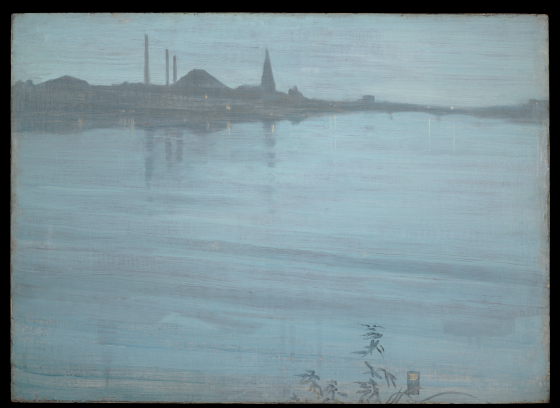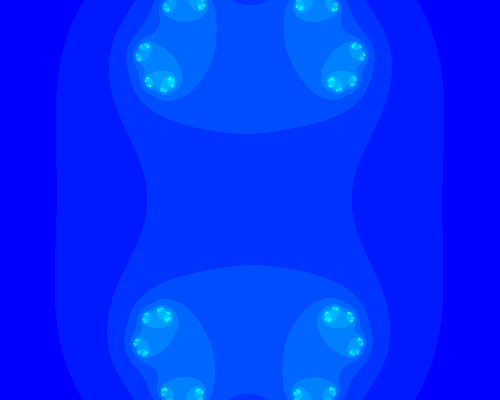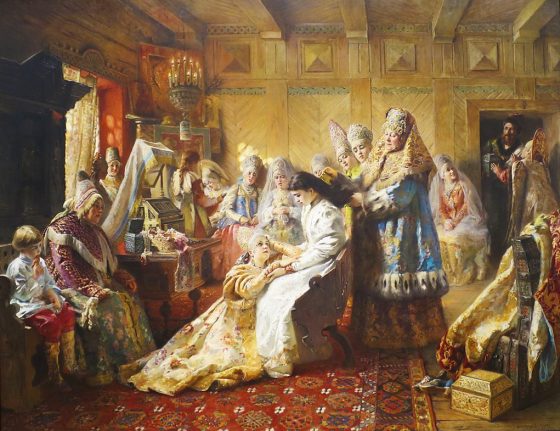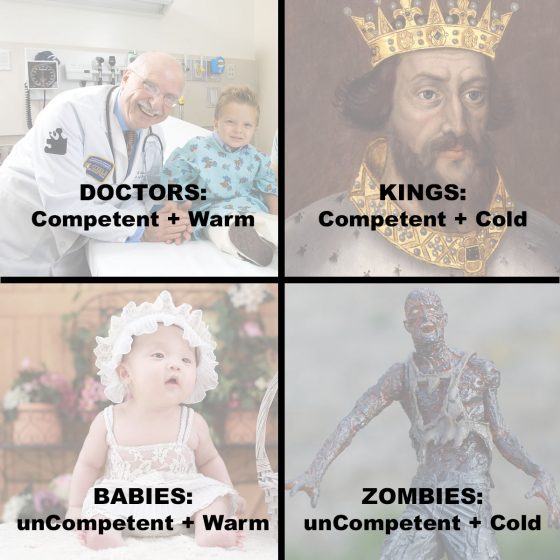
Every morning, my husband, cousin, and I play Wordle and share screen shots. It’s a gentle competition, and we laugh at our odd guesses — Aline? But it’s interesting how we arrive at the correct word via different paths, demonstrating that the same “prompt” leads to wide-ranging results. Below are three games from the same day recently where none of us did well. Even starting with the same first word, the path through to the solution is widely different. It’s similar to writing. Obviously, Wordle has it backwards — we all end on the same word if we solve the puzzle, it’s how we get there that’s different. For story ideas, it’s about the path forward from the original prompt. I have a story ideas folder that I regularly contribute to and shuffle as I look for ideas that might that fit a narrative I’m currently working on. I would like to give you a small example of one. The Changing Painting A woman regularly stops by a fine art museum on her way home, the Tate Gallery in London. She visits the same halls most nights on the way home; it helps her relax and switch gears from stresses…






